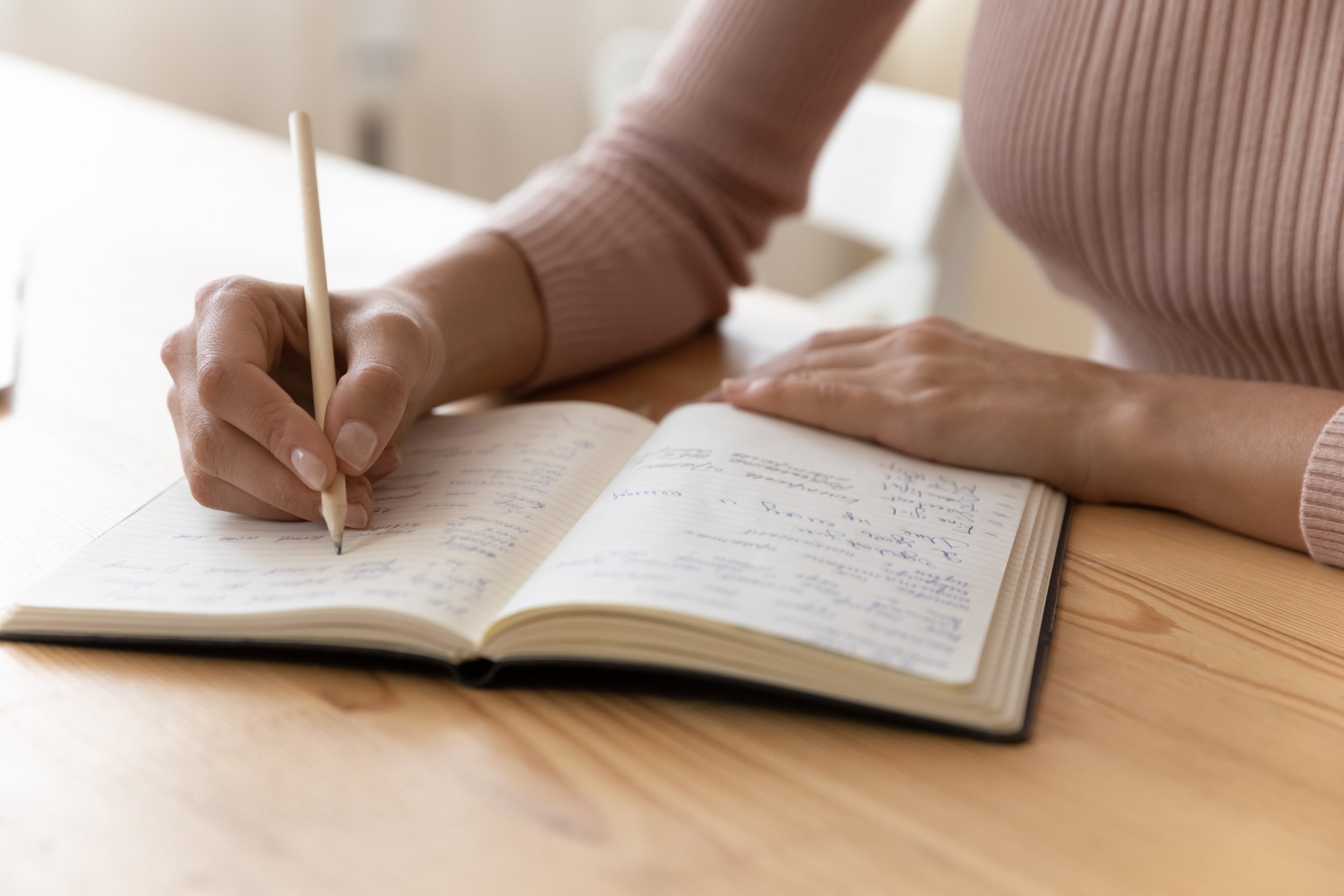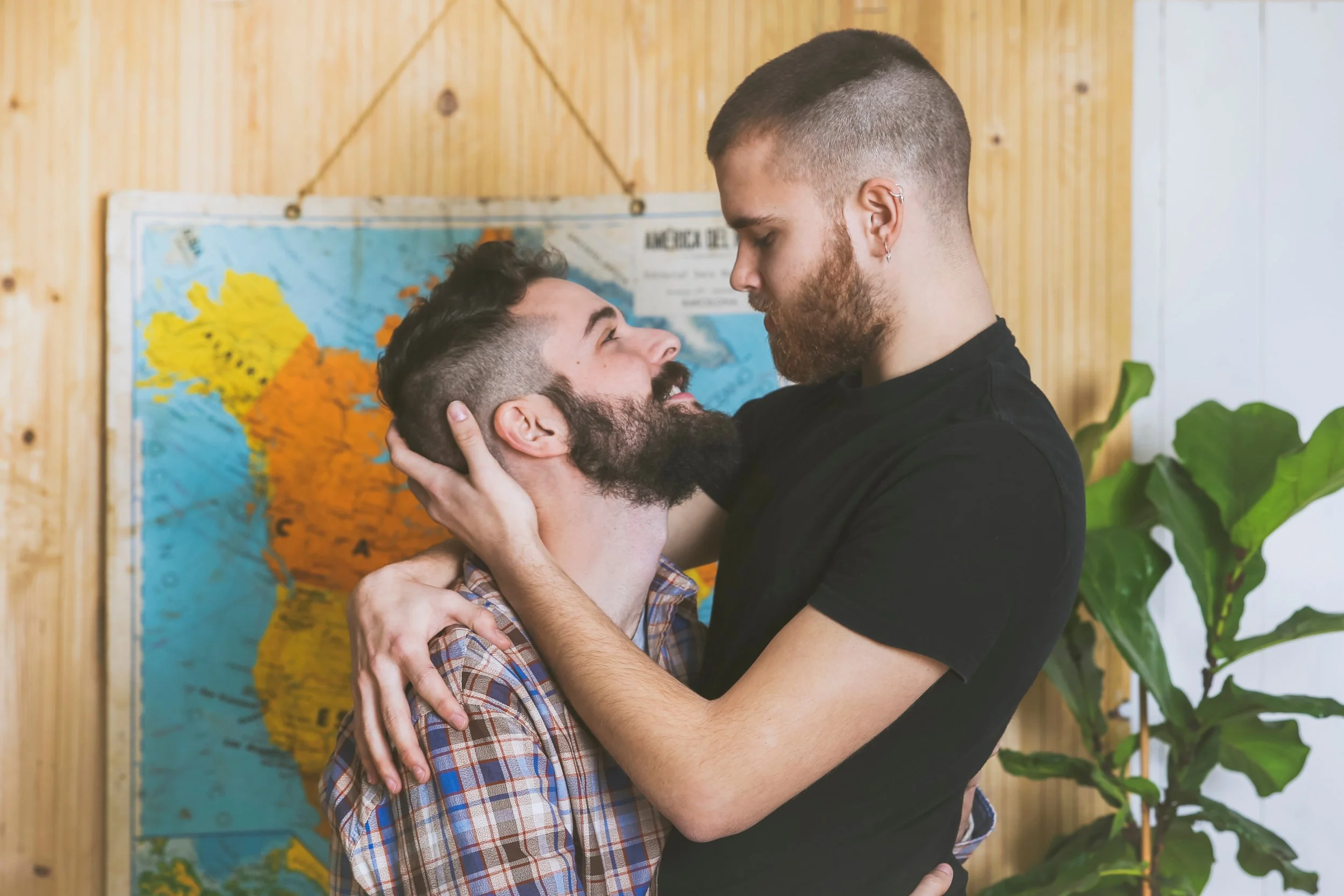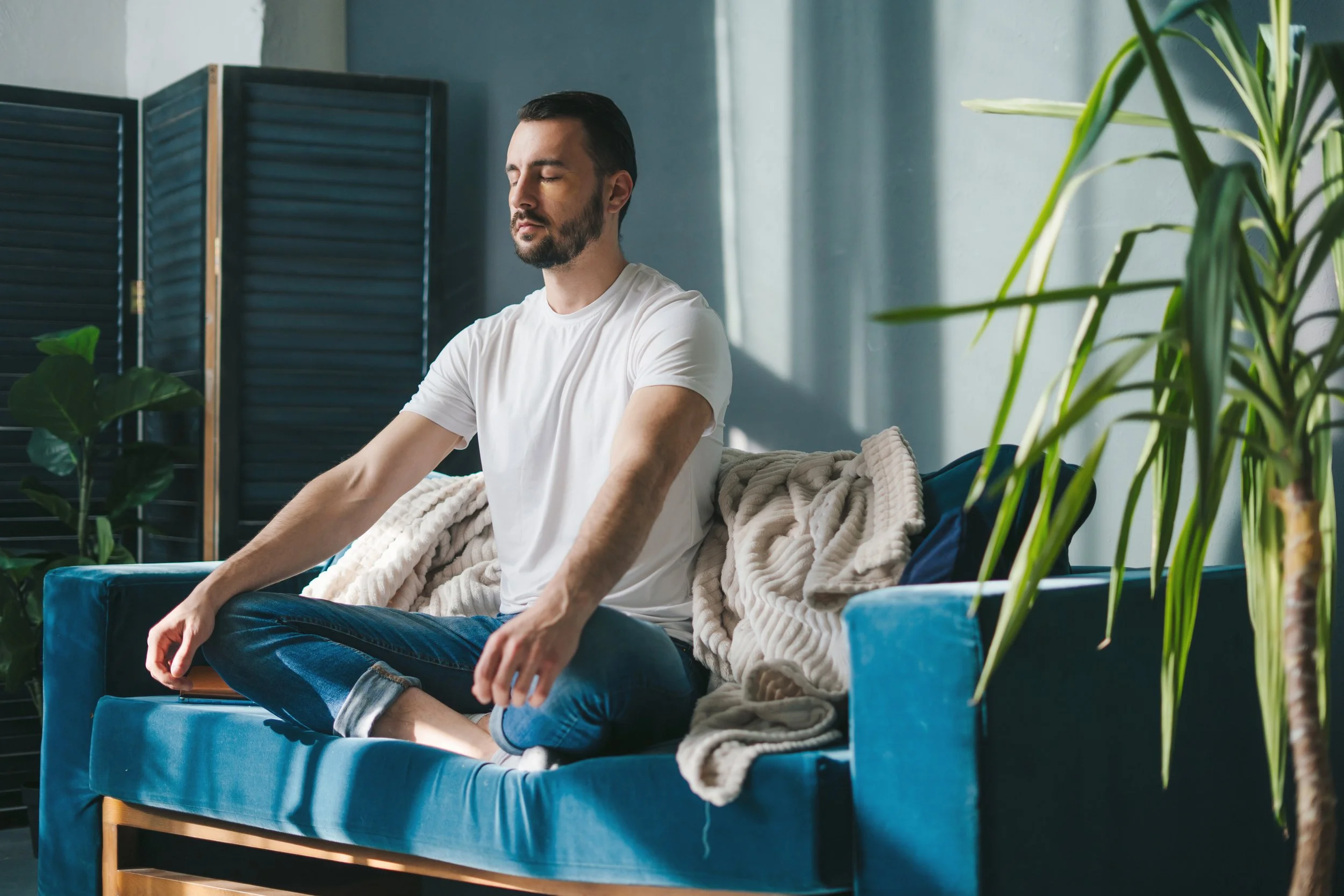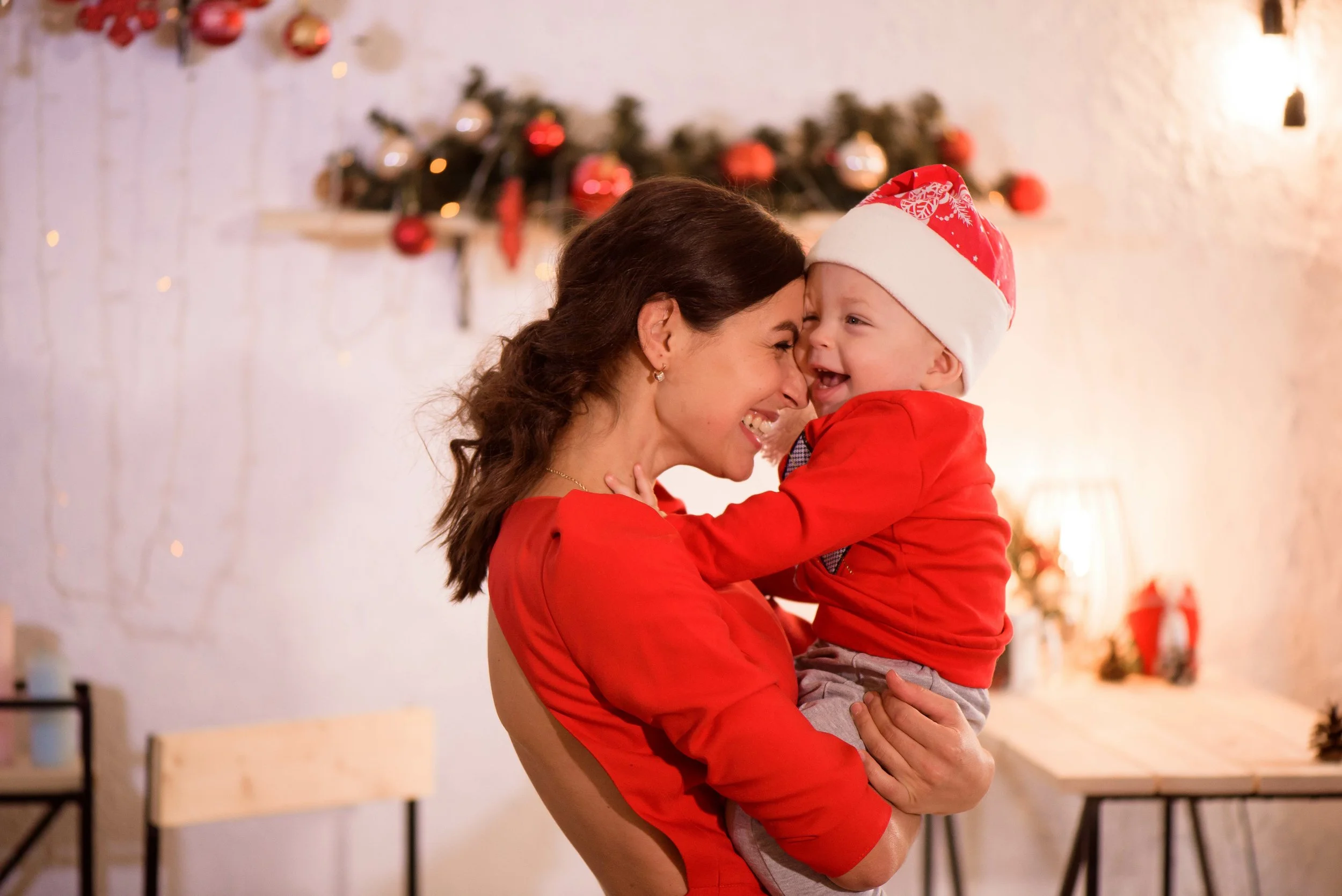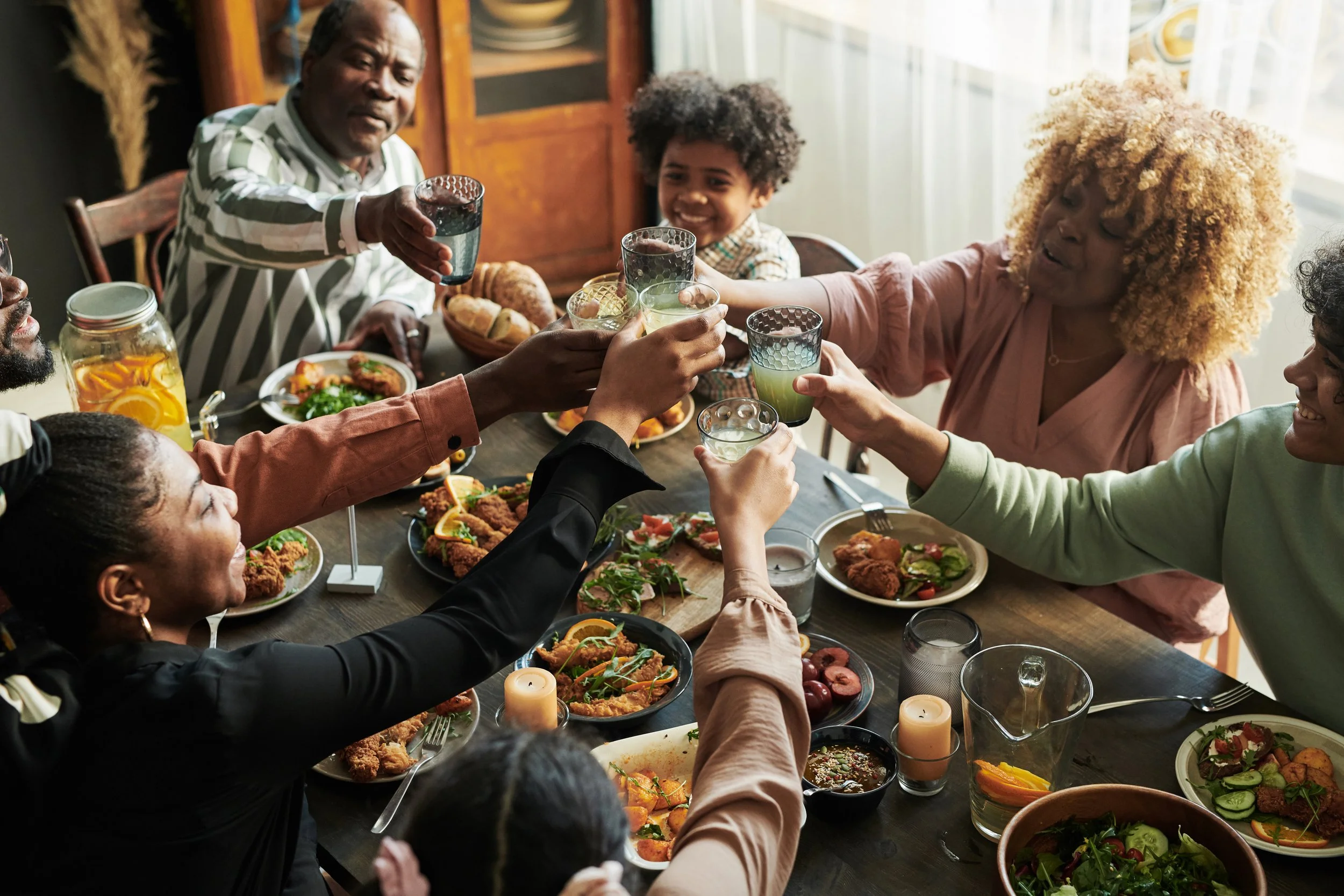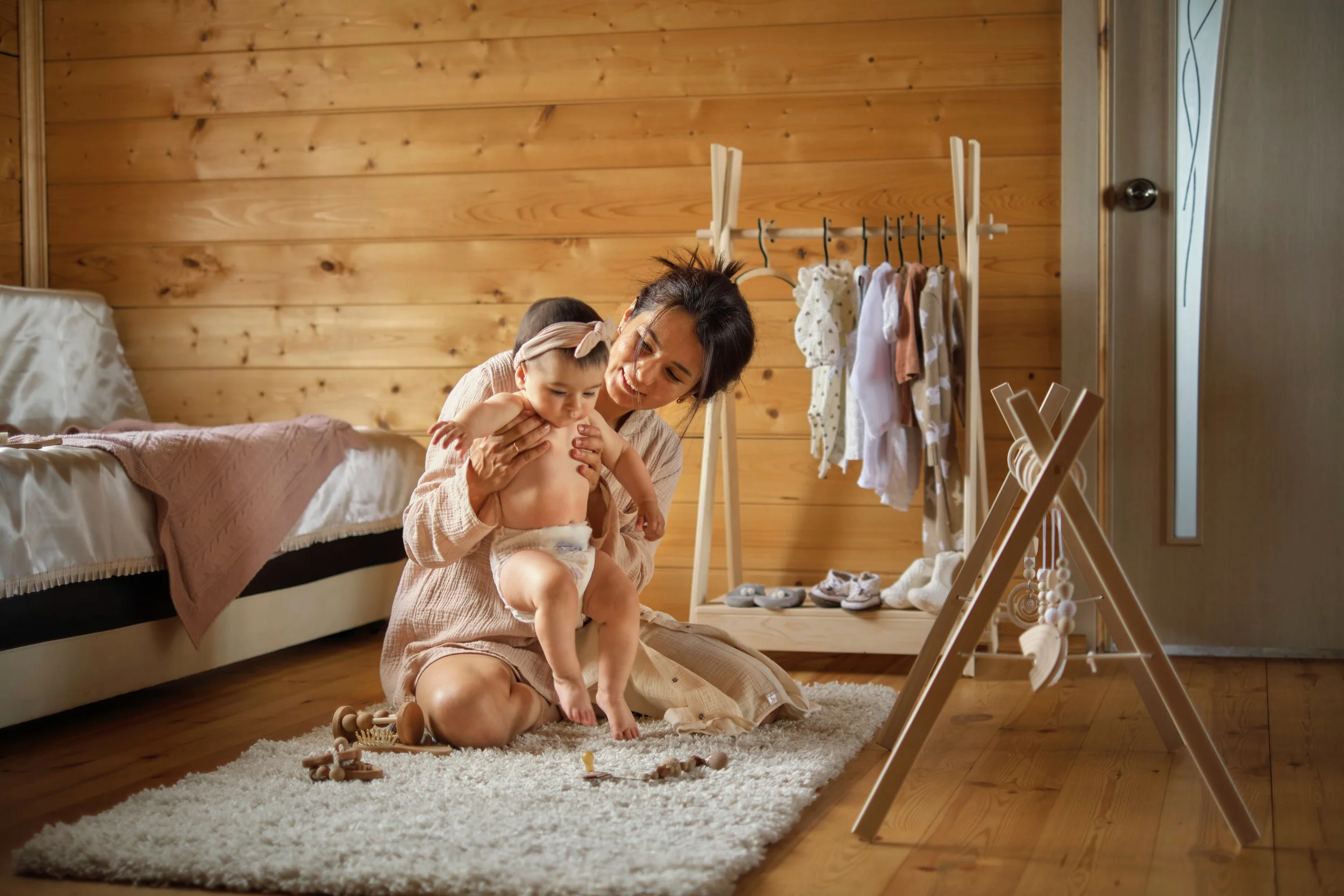I was recently in supervision with a great clinician. She often has provoking questions, and this day was no exception. She asked about and requested psychoeducation around losing our identity after becoming a “new parent.”
My husband and I have had the opportunity to parent five pretty amazing kids to adulthood. While I realize my bias for them in this statement, I was quite surprised that at this point in the journey I was just seeing the following concept. I was hit with the reality that once we become a parent, we are always a “new parent.”
You will always be a new parent…What?!
It is understood we become a new parent when a child is born. We often find ourselves thinking, there is an end to this! While there is an end to that stage, there is not to parenting. Just about the time we think we might actually be doing okay and getting the hang of this parenting thing, the child changes. They grow, go through a developmental shift, and we are suddenly a new parent again, because we’ve “never done this before!”
We go from parenting a child who hardly moves, to learning how to parent one that can suddenly migrate and get in every cupboard and find any non-child proof item we may have left out in the open. We move from diapers to potty training to “I don’t need your help.” We experience training wheels to two wheels, kindergarten to graduation, toddler to teenager, college to adult, watching them becoming a parent themselves, and everything between, and at some point, we might do it all over again…even several times!
We often become upset with ourselves that we have been doing this long enough we “should know” what to do. Remember, in each of these stages we are a new parent because we have never done this part before, and if we have, it was not with this child.
Loss of identity as a new parent
While we are on the journey, we often get so busy doing for these small humans, keeping them alive, being in survival mode ourselves, we may forget to think about filling our own bucket, even getting to the point of forgetting who we are. I have heard this from parents of all ages, not just those in the newborn stage. We look in the mirror and wonder who we are, where our youthful, carefree self went, we don’t recognize who is looking back at us, and it is not just because we are aging!
It can be easy to convince ourselves when we become a parent, we will still do things like we used to. The truth is, we will do a lot of things differently. We do change. We don't go back exactly to the way we were before. And that is ok!
Between no longer having frequent uninterrupted work or play, we now spend much of our time trying to make up for lost time and fit in new time. We are busy and exhausted and often forget to think about us, too, in all this new parenting and what it is taking from us.
There is SO much beauty, wonder, and crazy amount of love in parenting. There is getting to know who we are with a superhuman strength we did not know we possess within us. There is realizing we can love another human in a way we did not know was even possible. There is SO much good to parenting.
But this blog is about how to keep “you” in each new parenting stage. If you recognize this need in yourself, try some of these tips!
Give yourself permission to LET GO of some of the things you think you “have” to do.
Challenge the expectation you had of yourself to be a certain way, do certain things, have things look a specific way and be in control. Ask yourself if fighting to fulfil that expectation is worth what may ensue within you and/or in your home and if that fight is worth the relationship you have with yourself and/or others if they are involved. What can you do to fulfill things to a satisfactory level and still be flexible enough to allow movement in expectation?
Pause and listen to your physical self, pay attention to those needs, and take care of you.
Part of feeling like yourself means taking care of your physical body. It’s essential to learn things that can help you feel like you. This includes hygiene (yup that’s a thing when the kids are little), sleeping well, eating well and movement!
Pause and pay attention to your mental health.
This part of you is SO important, too. It can feel like you are losing control of your thoughts and emotions at times. Your stress level can get to a new high, and not knowing what to do in each new stage can be quite overwhelming. What can you do to care for yourself here? Do you know what fills your bucket? (Read here for more on self-care and how to fill your bucket. If not, find out and take some time for you, so you feel able to be the parent you can be. If this is not enough, it may be time to seek professional help. It can be hard, but it is ok to ask for help! Letting the previously discussed expectations shift can help meet to a certain level of peace.
https://www.bozemancounseling.org/blog/2021/11/25/self-care-and-how-to-do-it-from-a-bozeman-counselor).
When you can, try to connect with others who are in the same parenting stages as you.
Connect with them through the bucket fillers you enjoy doing with others. These will look different at different times in your parenting stages and in your life.
Try accepting that you have changed.
While this can feel counter-intuitive, it is true. Life changes and in turn, you change when you have children, and that's okay. You may have different priorities now. You found you have superpowers to survive on less sleep than you thought you could. You realized you are still pretty cool as a parent, and that at times it feels like it you could burst with exhaustion and frustration while feeling like your heart can burst with love at other times. You are not the same person you were before experiencing you as a parent.
The truth is, you can rediscover who you are and what you need when you remember your identity is separate from that of your children. Not only is this okay, it is also healthy. Try to spend balanced time focusing on yourself to regain your sense of self and identity in their different stages and in yours. Yes, you are always parenting in new ways. Yes, having kids changes who you are, but it does not define you. Remember to take time for you. One day they will fly with the wings you have helped them develop, and you want to know you without them.








